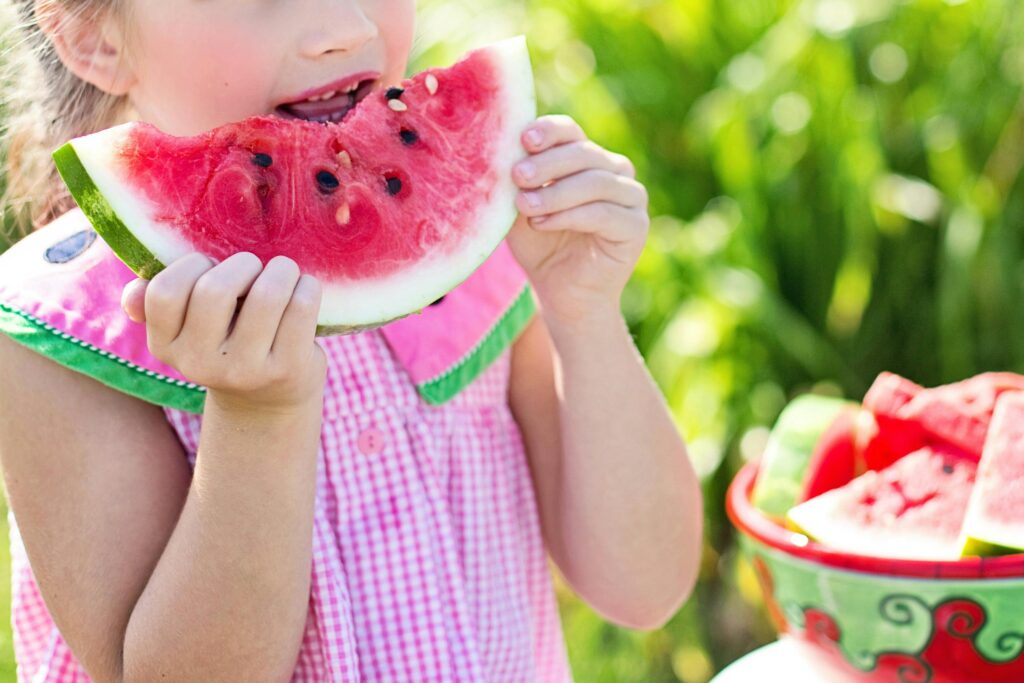by Lori Chodash, APRN, PMHNP-BC, PNP-PC
If you or your child has a suspected food allergy, you may have heard your allergist mention something called an oral food challenge (OFC). While the idea of purposely eating a food that might cause a reaction can sound scary, oral food challenges are actually the gold standard for diagnosing food allergies — and they’re done in a safe, closely monitored medical setting.
What Is an Oral Food Challenge?
An oral food challenge is a carefully supervised procedure where a patient eats small, increasing amounts of a food they may be allergic to, while being closely watched by a medical team. It’s typically done in an allergist’s office or hospital outpatient setting equipped to treat allergic reactions
The goal? To confirm or rule out a food allergy with certainty.
Why Would You Need an Oral Food Challenge?
An allergist may recommend an OFC for several reasons:
- To confirm a suspected allergy when test results (skin or blood tests) are unclear
- To determine if a known food allergy has been outgrown (especially common with milk, egg, soy, or wheat)
- To assess tolerance to baked or processed forms of an allergen (like baked milk or egg)
- To reduce unnecessary dietary restrictions if there’s a chance your child isn’t truly allergic
In short, an oral food challenge can help avoid misdiagnosis, improve quality of life, and guide
safe dietary choices
What Happens During the Food Challenge?
The food challenge is done in small steps over a few hours:
- You’ll start with a tiny dose of the food (sometimes just a crumb or a drop).
- Every 15–30 minutes, the dose is increased.
- After each dose, you’ll be monitored for any signs of a reaction.
- If no reaction occurs by the end, the challenge is considered passed.
- If symptoms do occur, the medical team is ready to respond immediately with medications like antihistamines or epinephrine, if needed
You will be observed for a post period after the final dose, even if no reaction occurs, just to be sure you’re safe to go home
Is It Safe?
Yes — oral food challenges are safe when done under medical supervision. Allergists and their teams are specially trained and have emergency medications on hand, including epinephrine, in case of a reaction.
What to Expect After a Passed Challenge?
If you pass the challenge, the allergist will give you instructions on how to reintroduce and maintain the food in your diet. Regular consumption is often recommended to help your body continue to tolerate it.
How to Prepare:
Your allergist will give you specific instructions, but in general:
- Stop antihistamines a few days before the challenge (unless told otherwise)
- Arrive healthy — no colds, fevers, or asthma flare-ups
- Plan to stay for several hours
- Bring comfort items (toys, books, snacks — but not food ones!) to keep your child calm and entertaine
Final Thoughts:
Oral food challenges can feel intimidating at first, but they are an incredibly helpful tool in managing food allergies. They can provide peace of mind, open up new foods, and prevent unnecessary restrictions — all while being done safely under expert care.
Is your child is a candidate for an oral food challenge?
Contact us at BayWay Allergy to schedule a consultation with our allergy team
